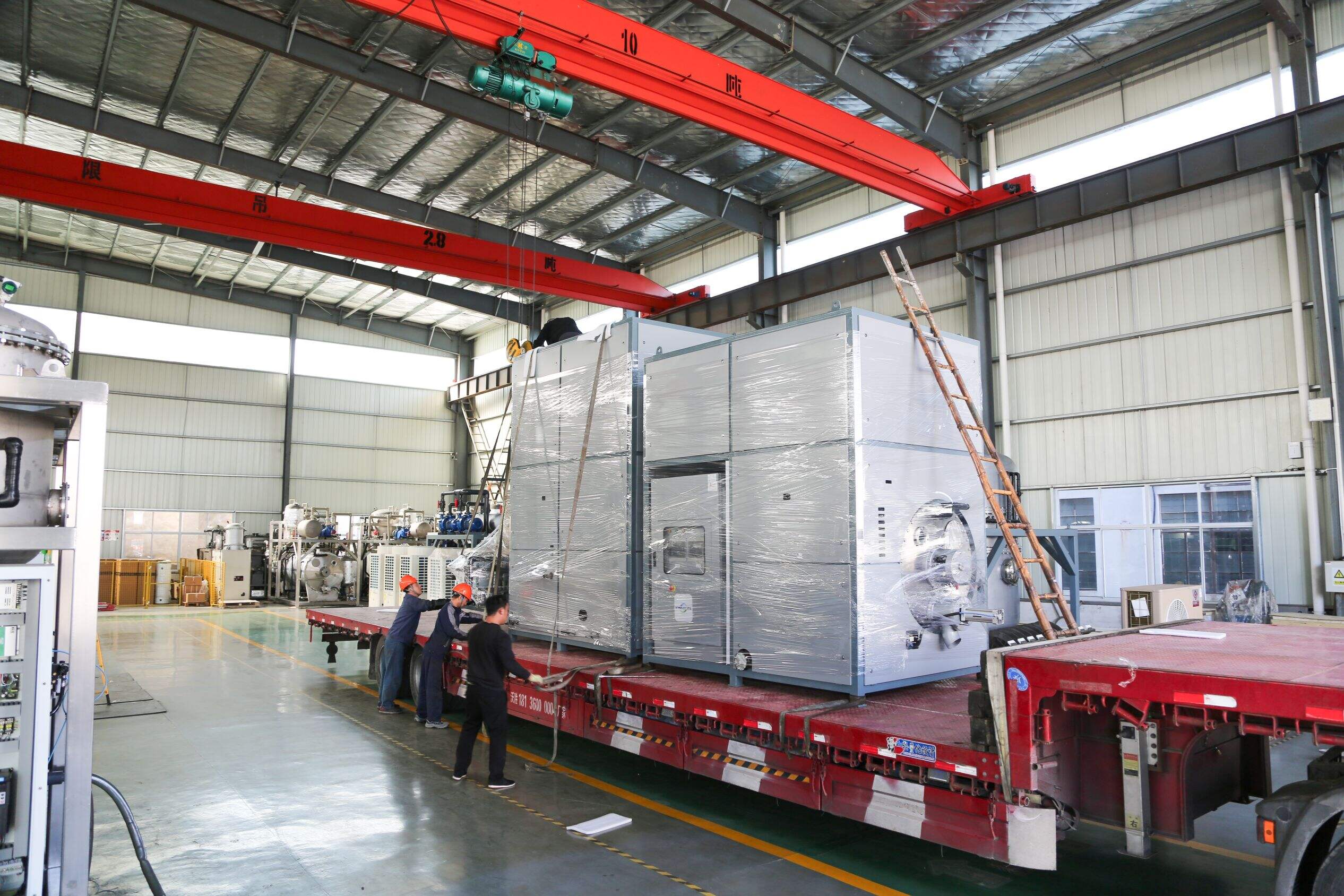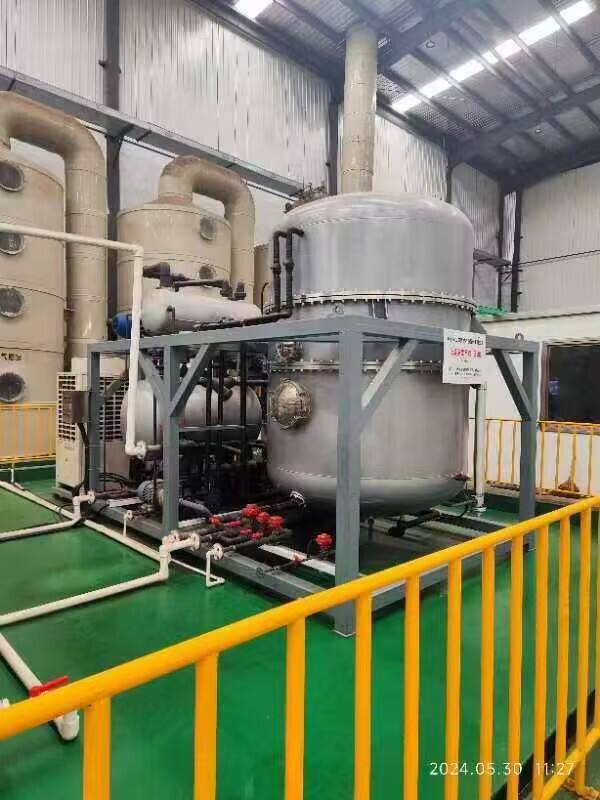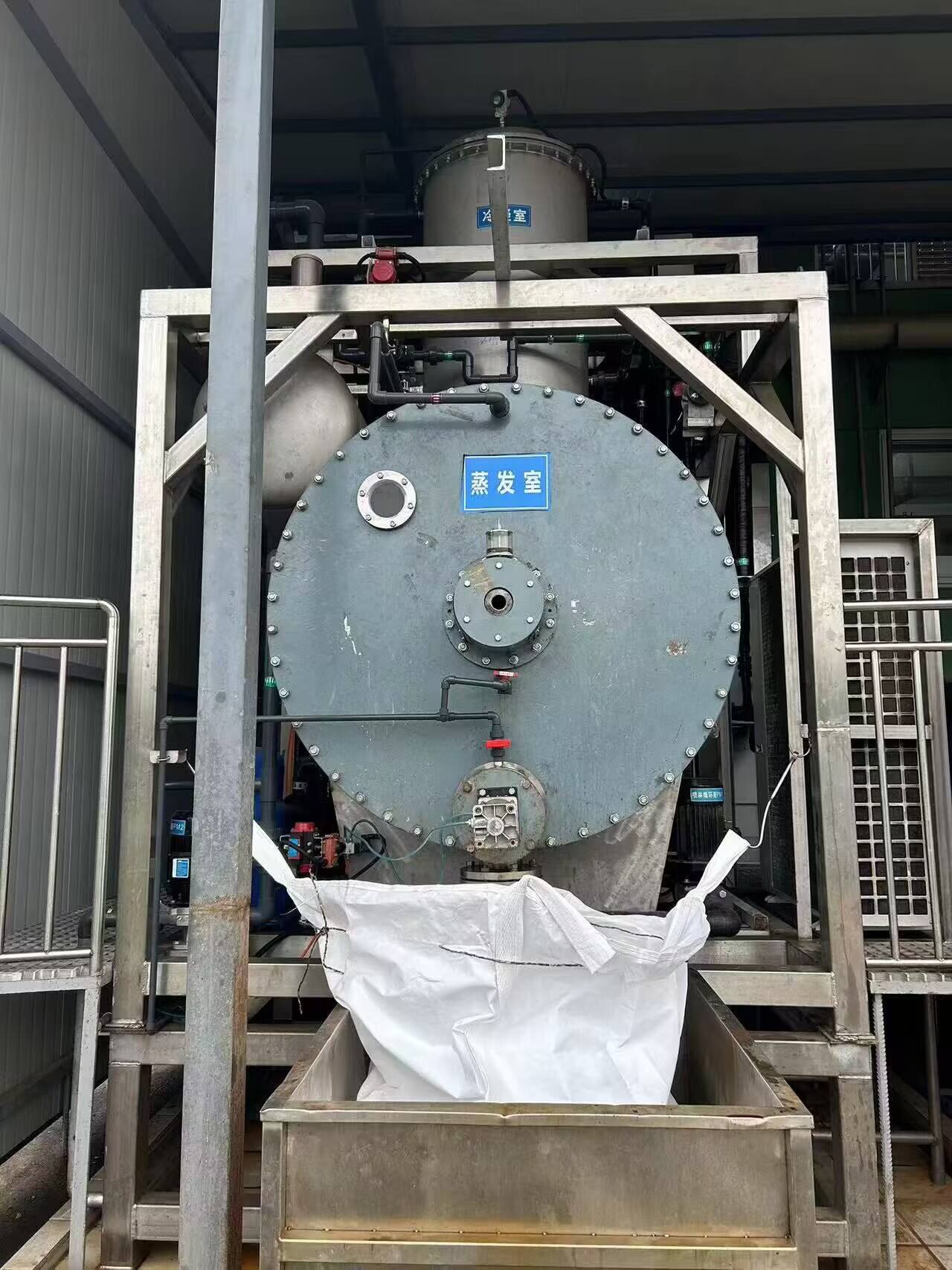fractional vacuum distillation
Fractional vacuum distillation is an advanced separation technique that operates under reduced pressure conditions to effectively separate complex mixtures into their individual components. This sophisticated process utilizes the principle of different boiling points among compounds while maintaining lower temperatures than atmospheric distillation. The system consists of a distillation column equipped with specialized plates or packing material, a vacuum pump system, condensers, and precise temperature control mechanisms. The reduced pressure environment allows for the separation of heat-sensitive compounds that might decompose at higher temperatures required in conventional distillation. The process begins when the mixture is heated under vacuum conditions, causing components to vaporize at lower temperatures. As the vapors rise through the column, they encounter progressively cooler zones, leading to selective condensation based on boiling points. The fractional aspect comes from the multiple theoretical plates within the column, each acting as a mini-distillation stage, enhancing separation efficiency. This technology finds extensive applications in various industries, including pharmaceutical manufacturing, petrochemical processing, essential oil extraction, and fine chemical production. The ability to maintain product integrity while achieving high-purity separation makes it an invaluable tool in modern industrial processes.


